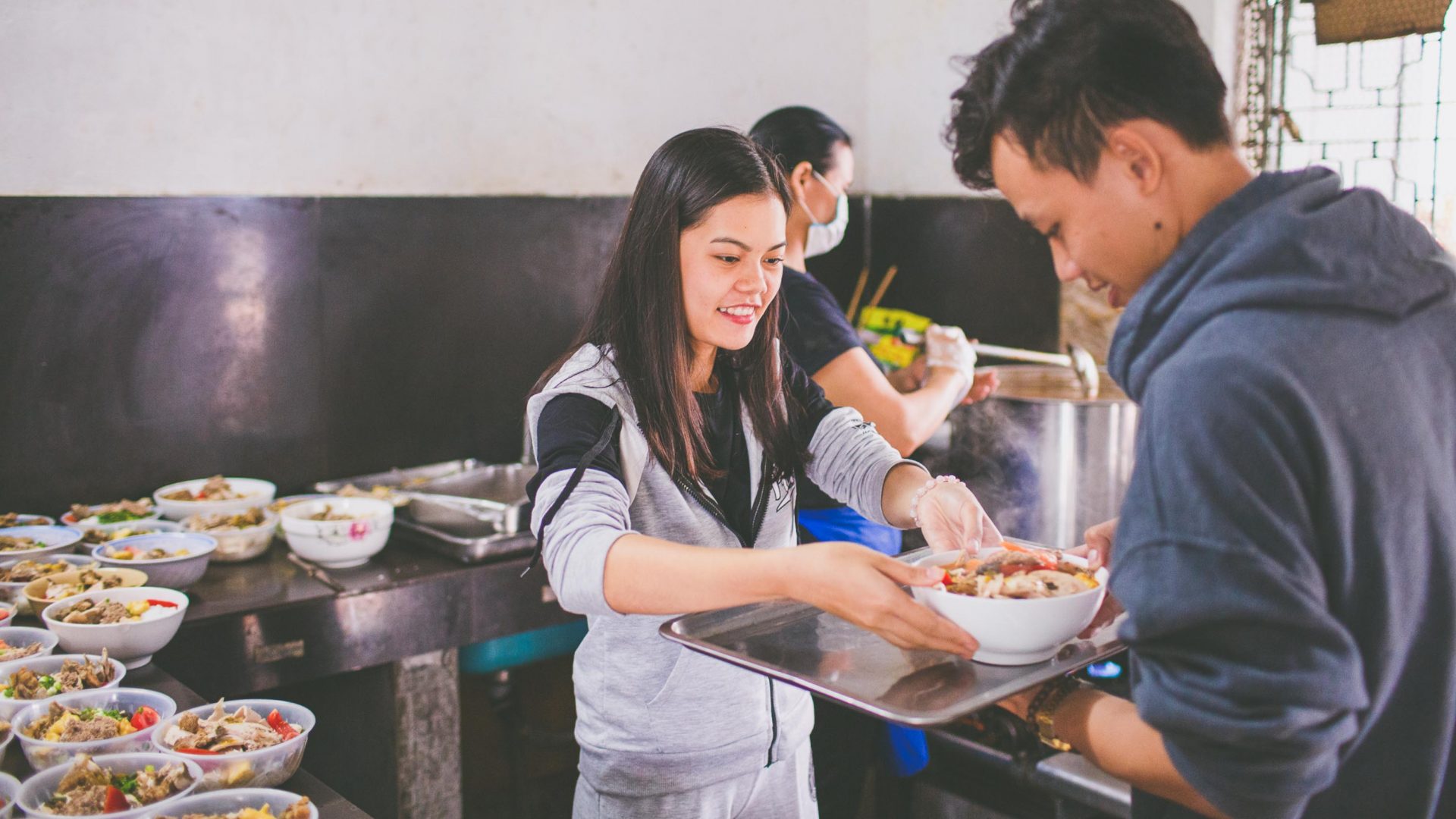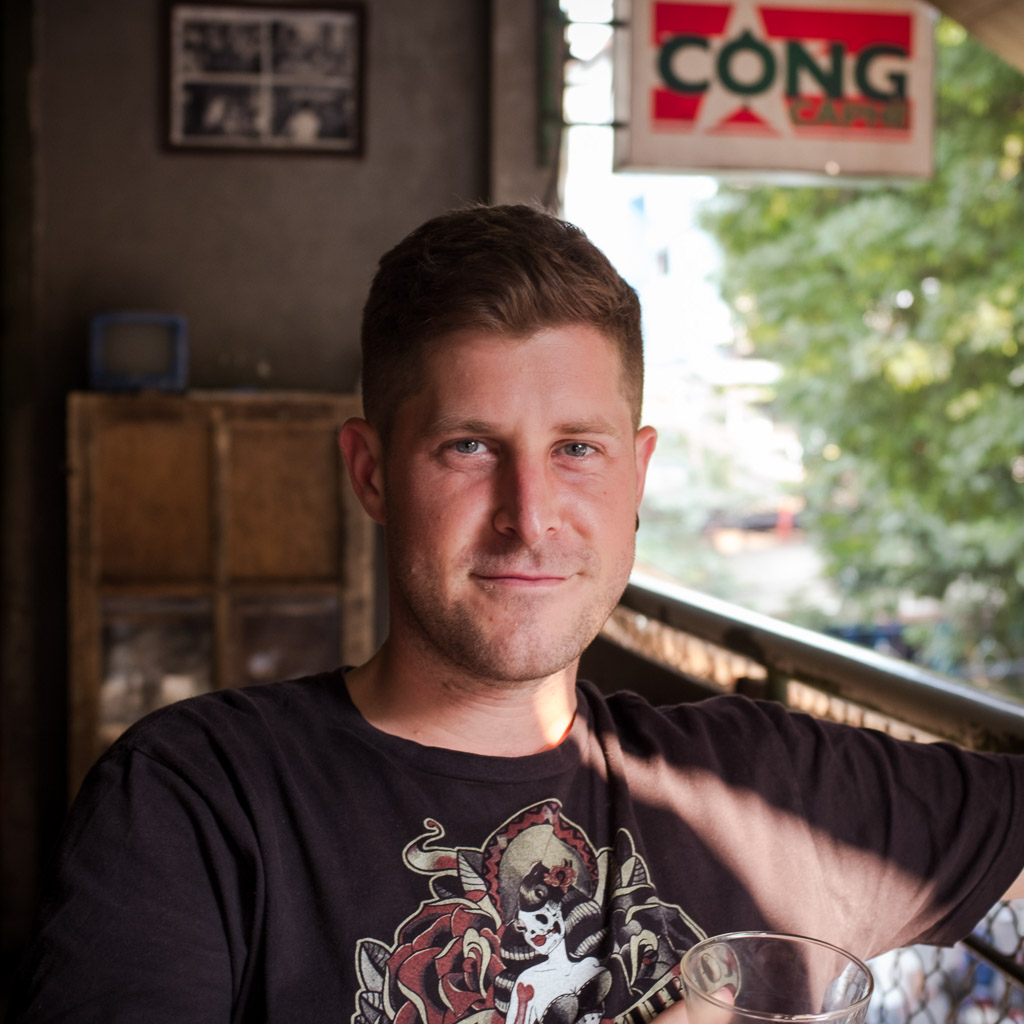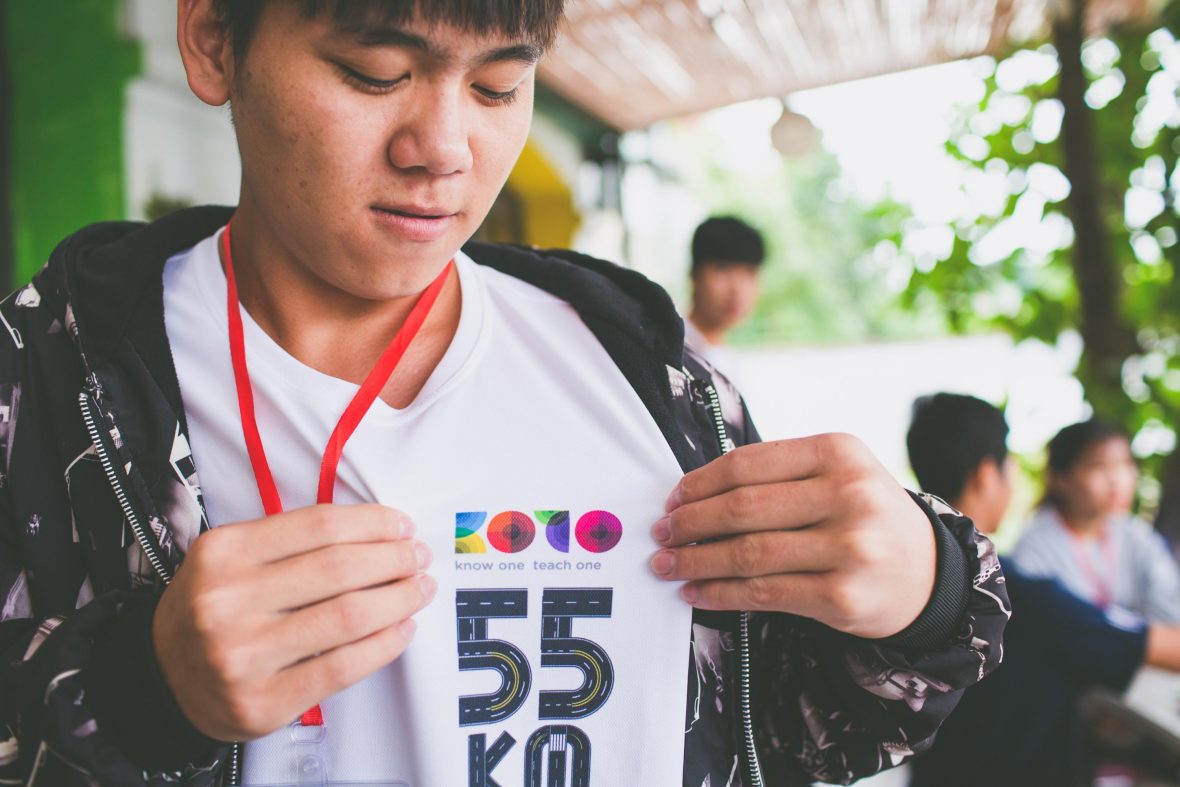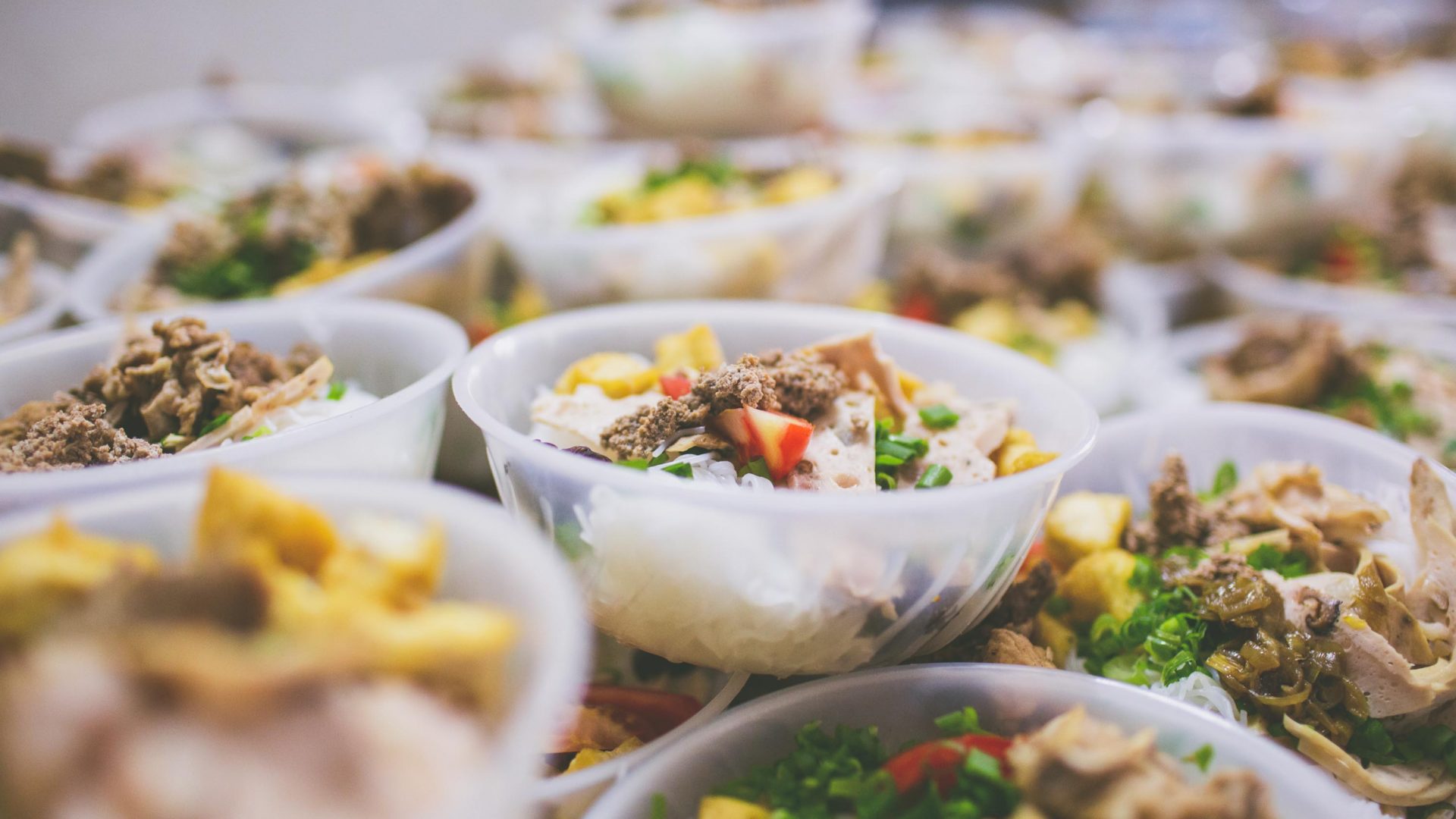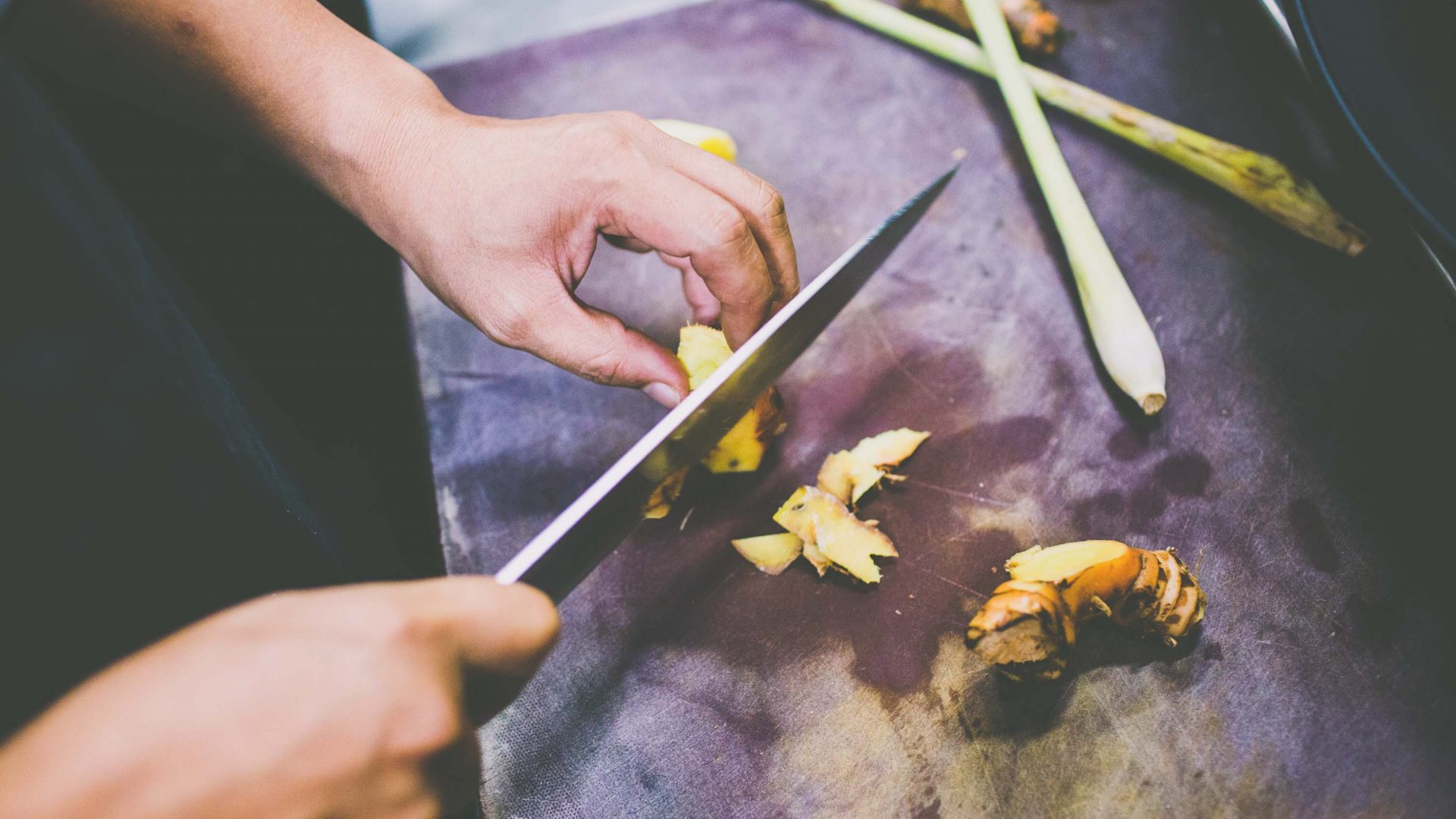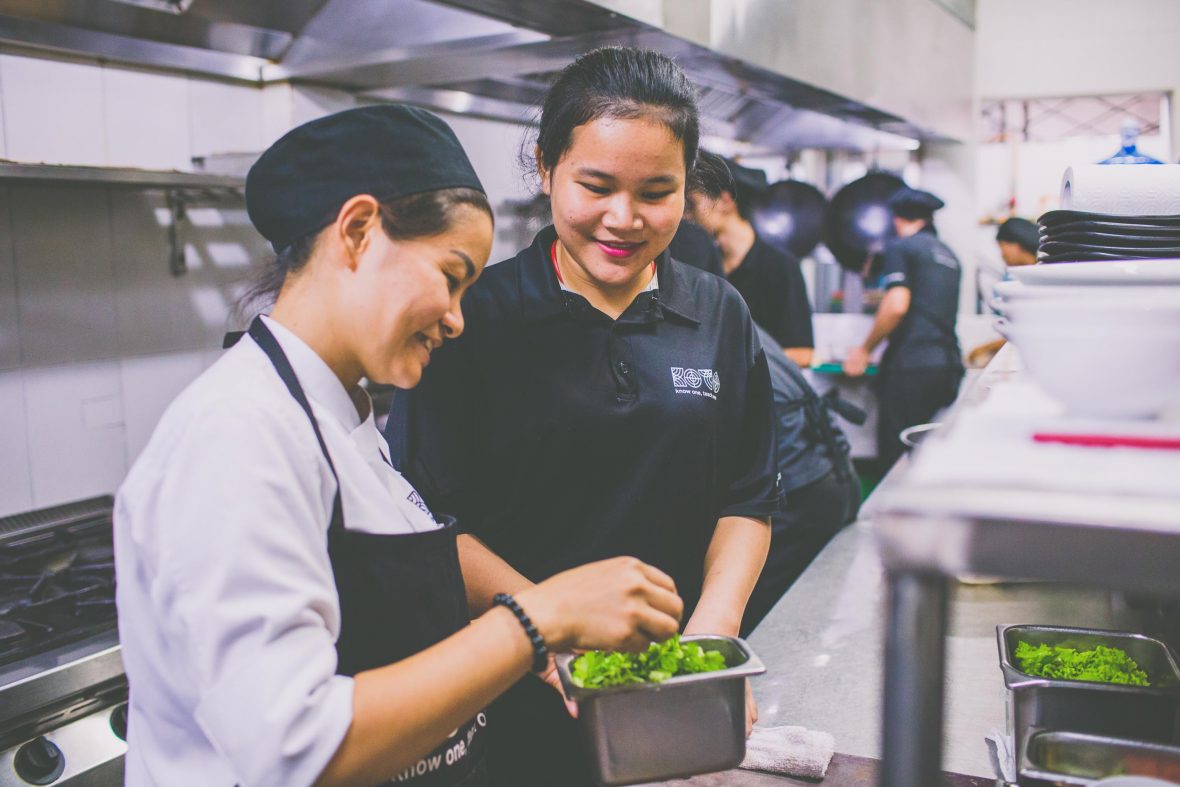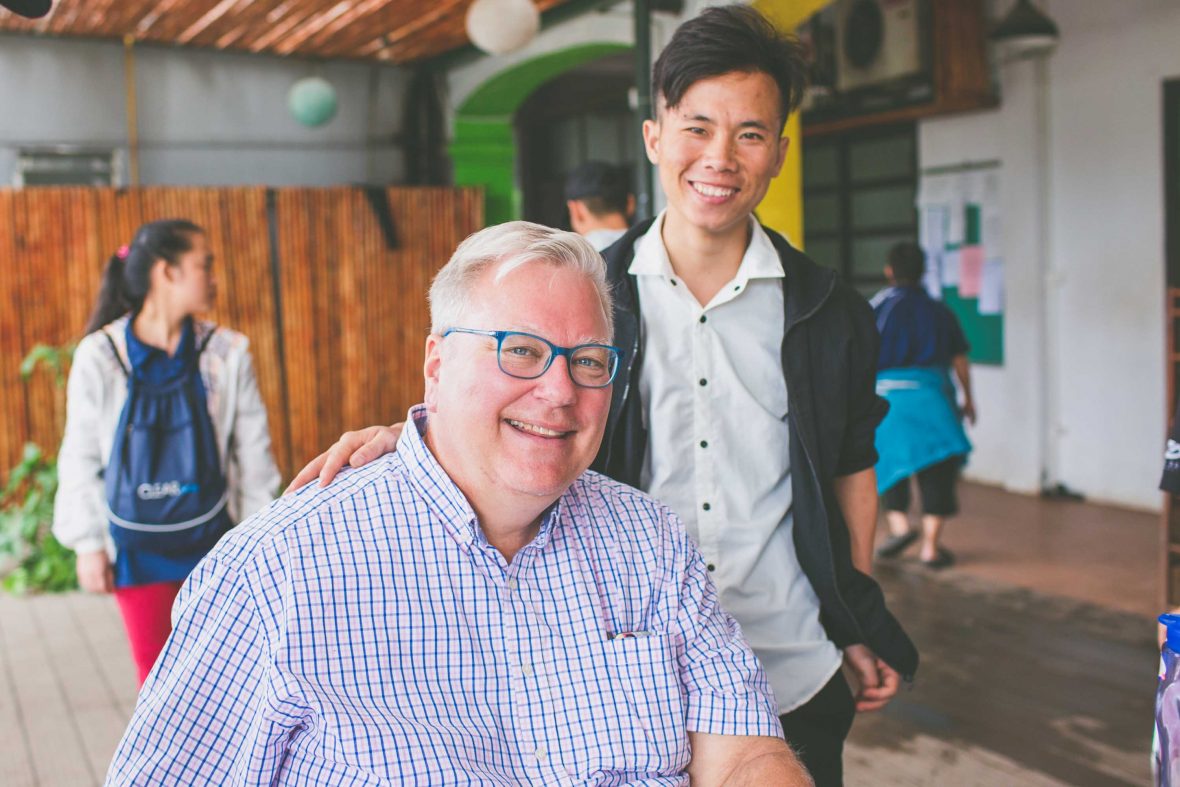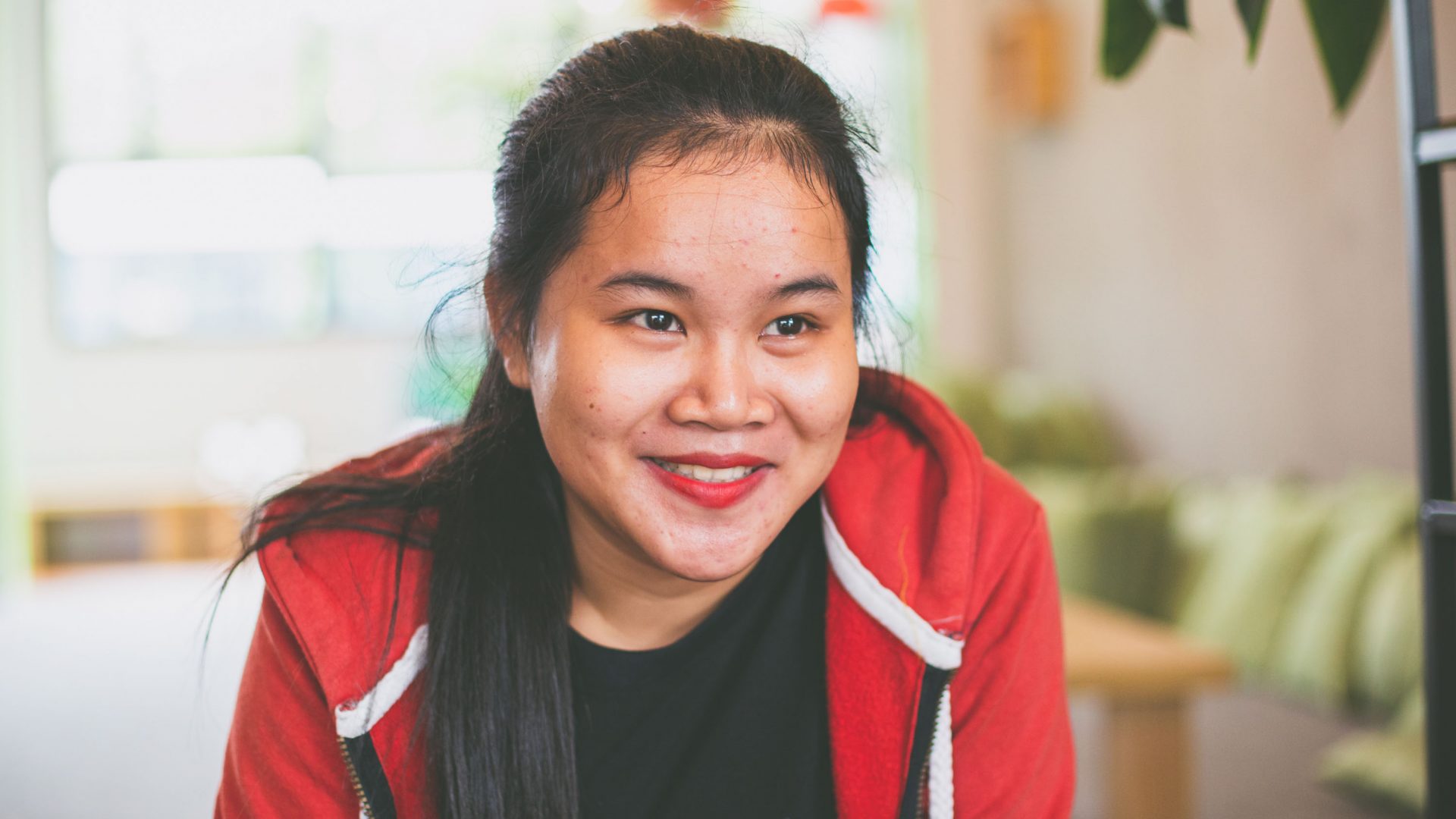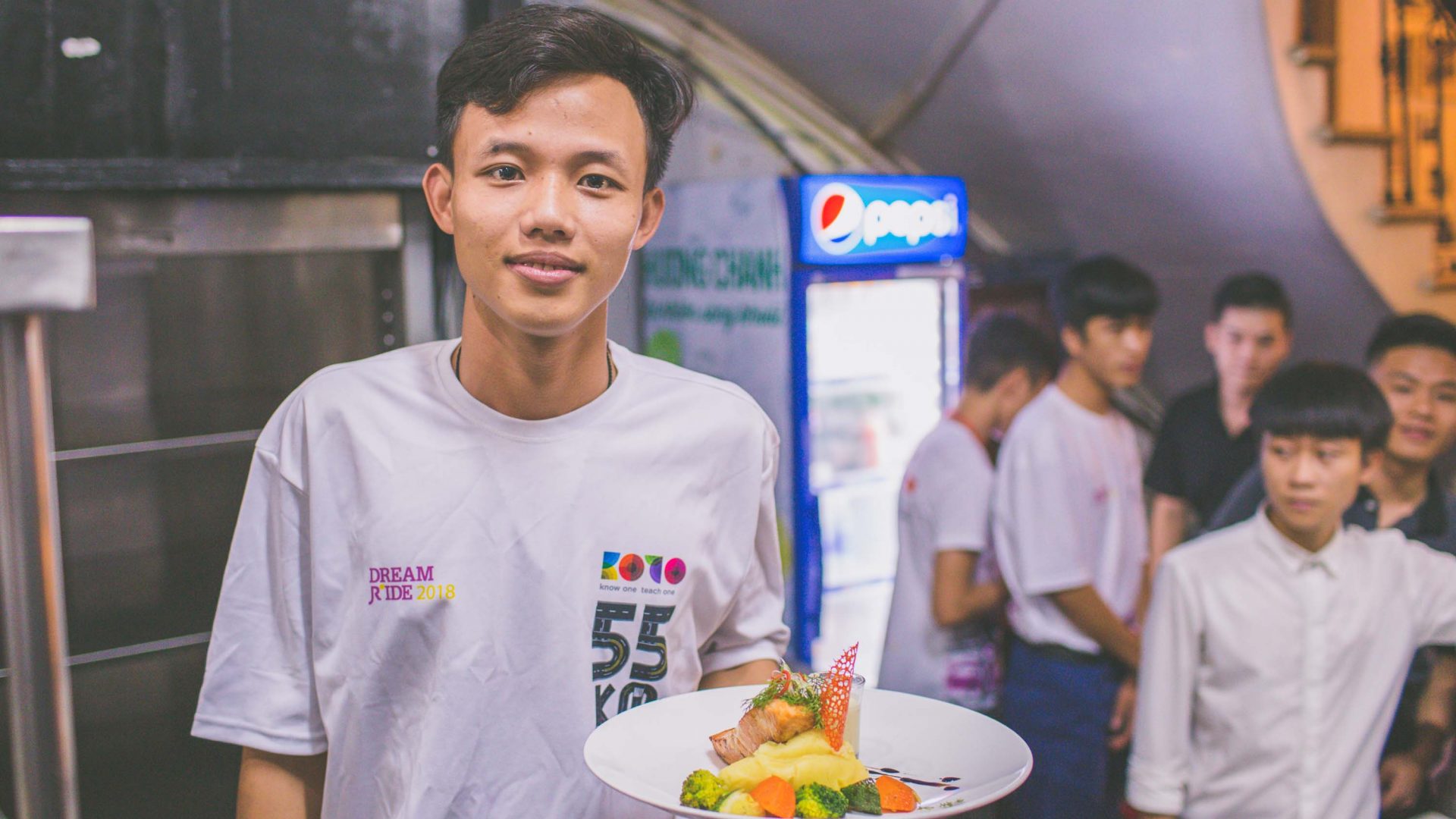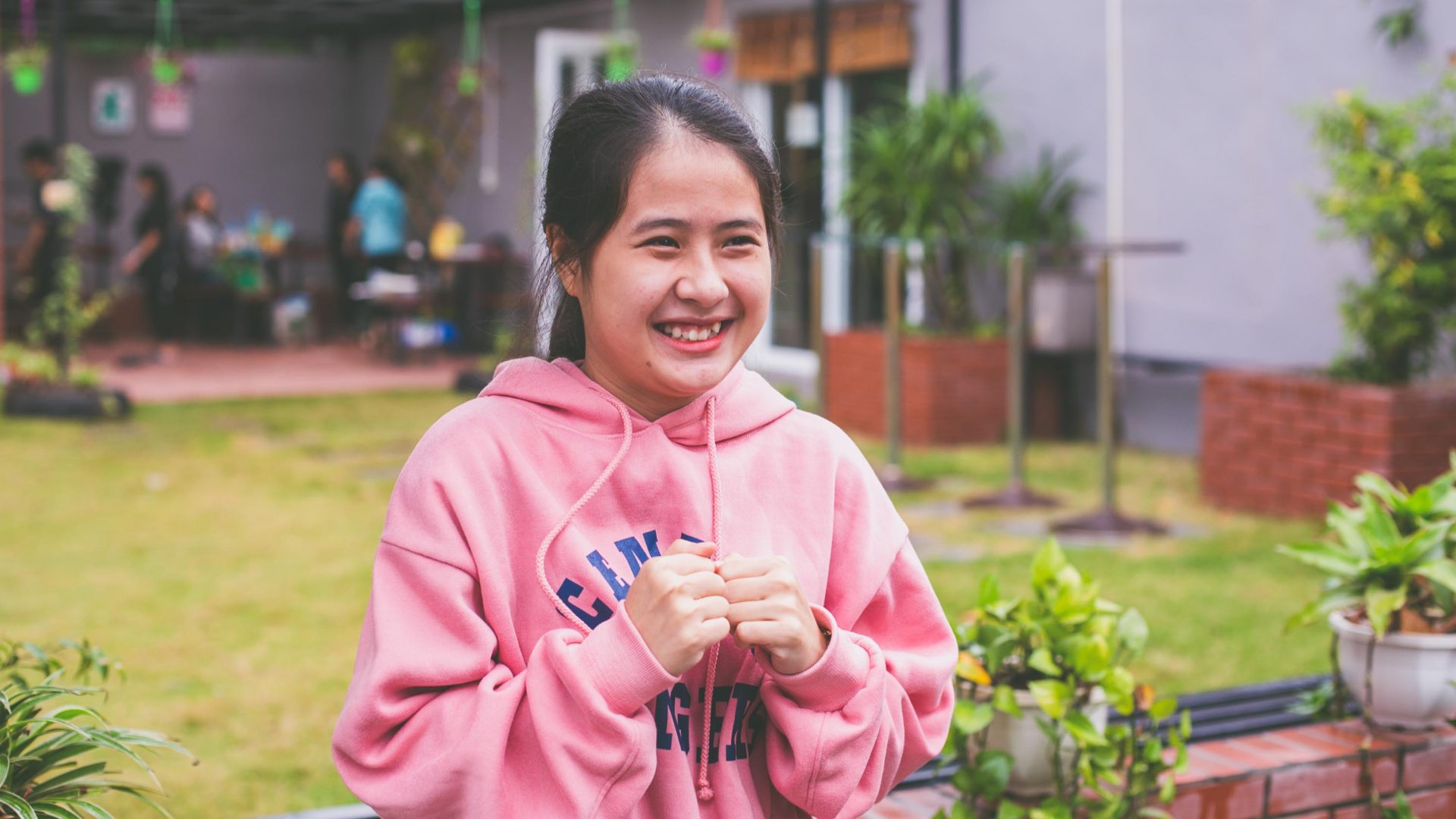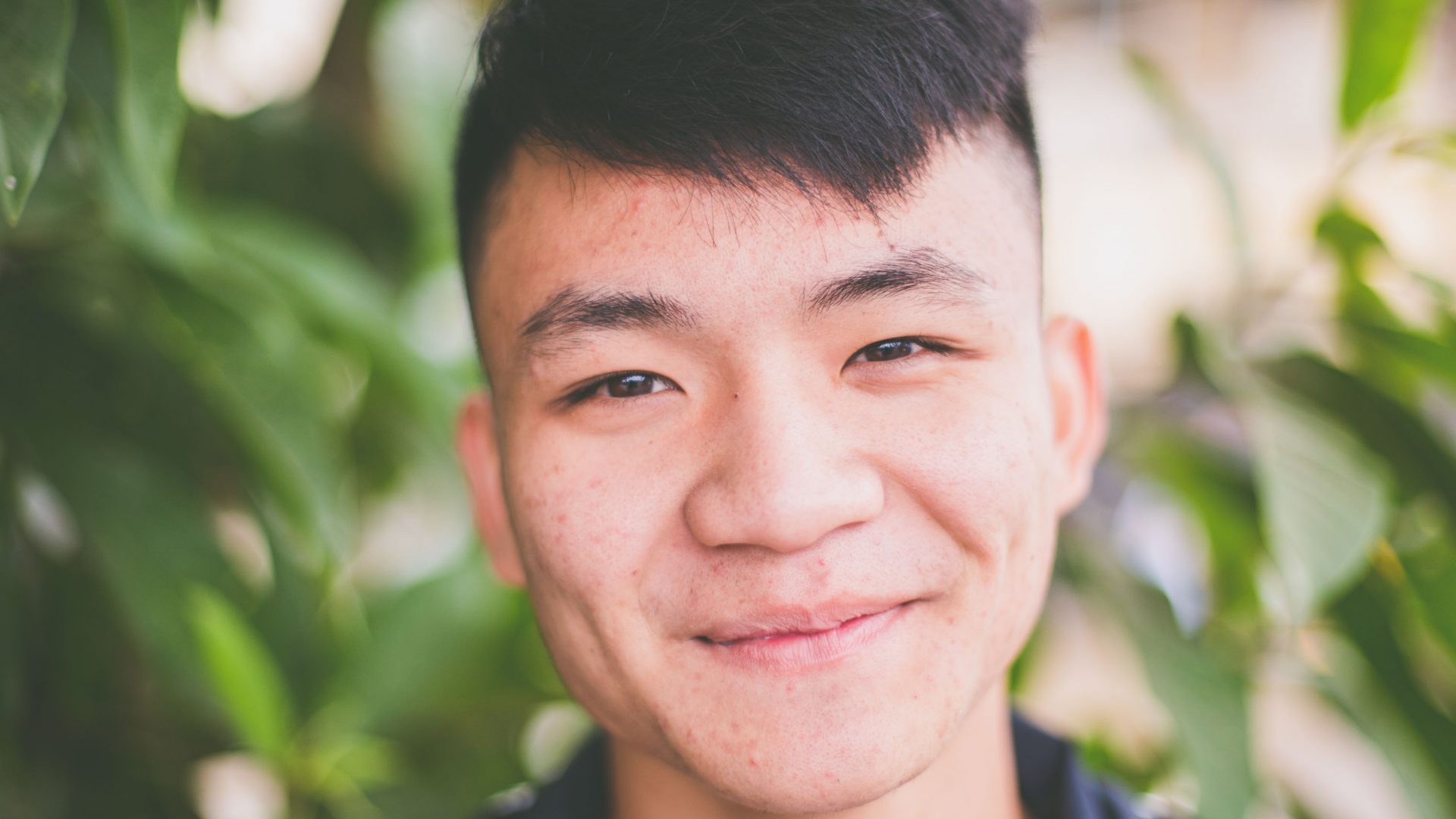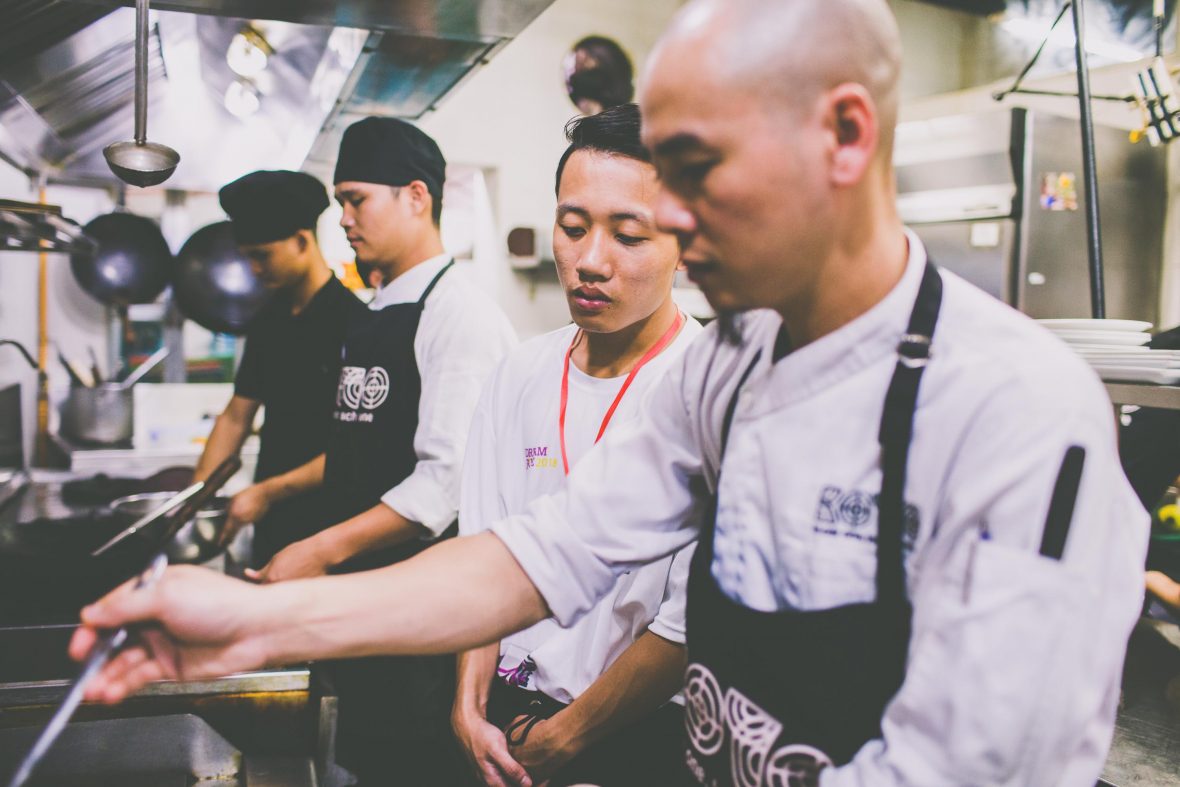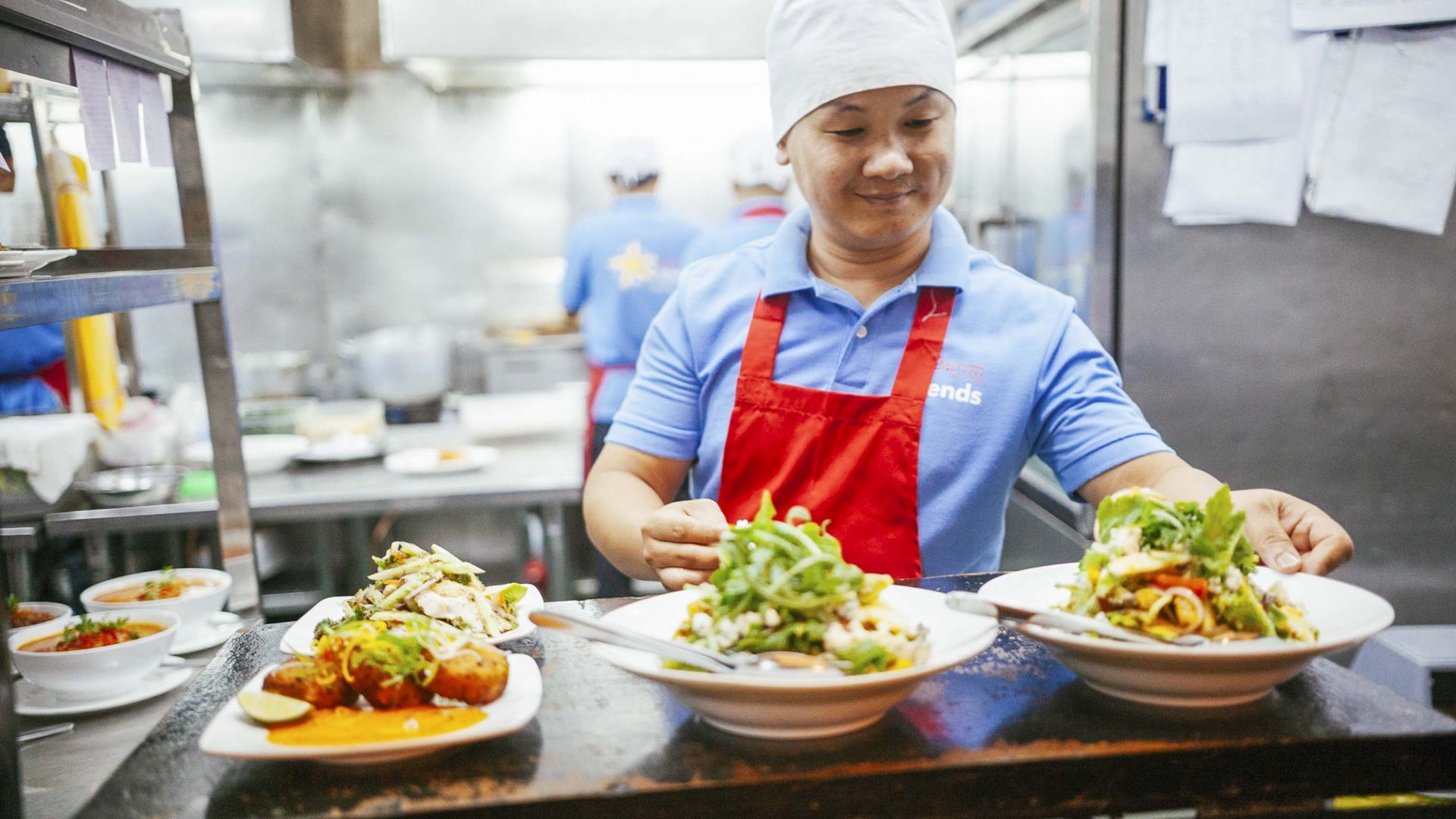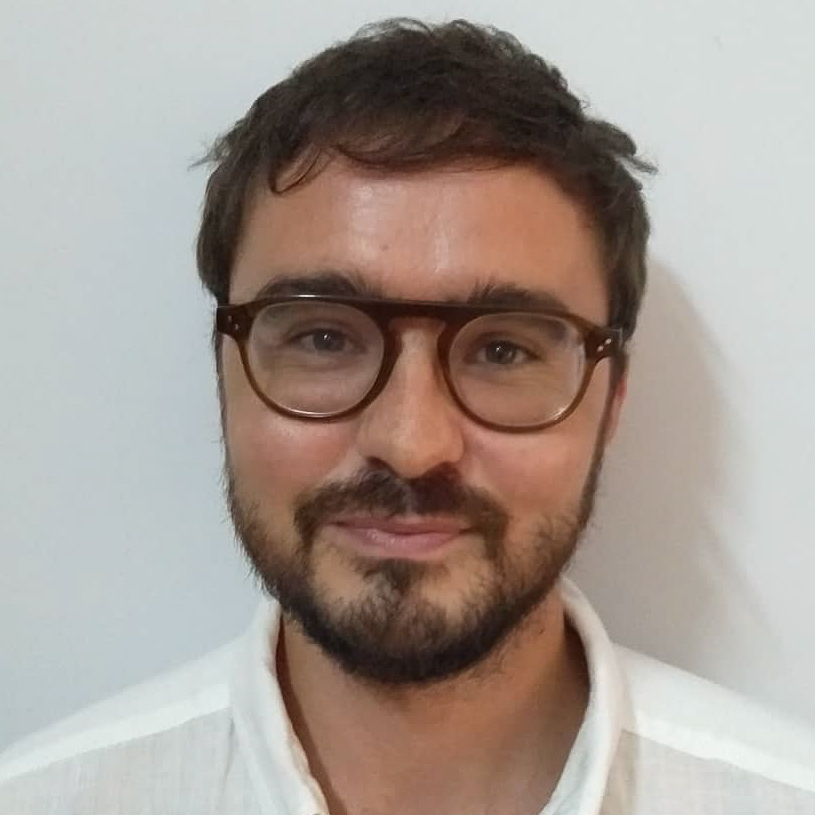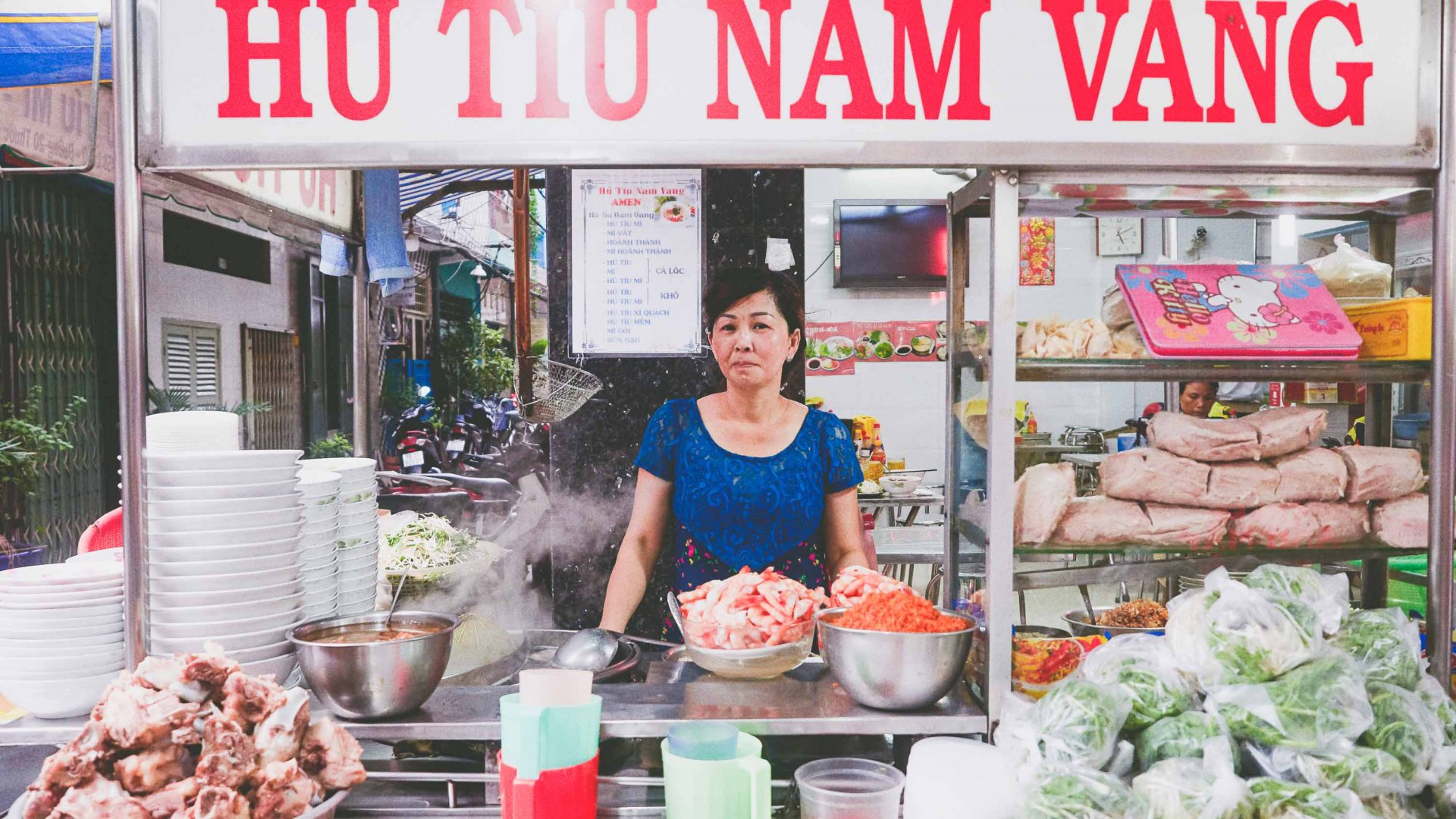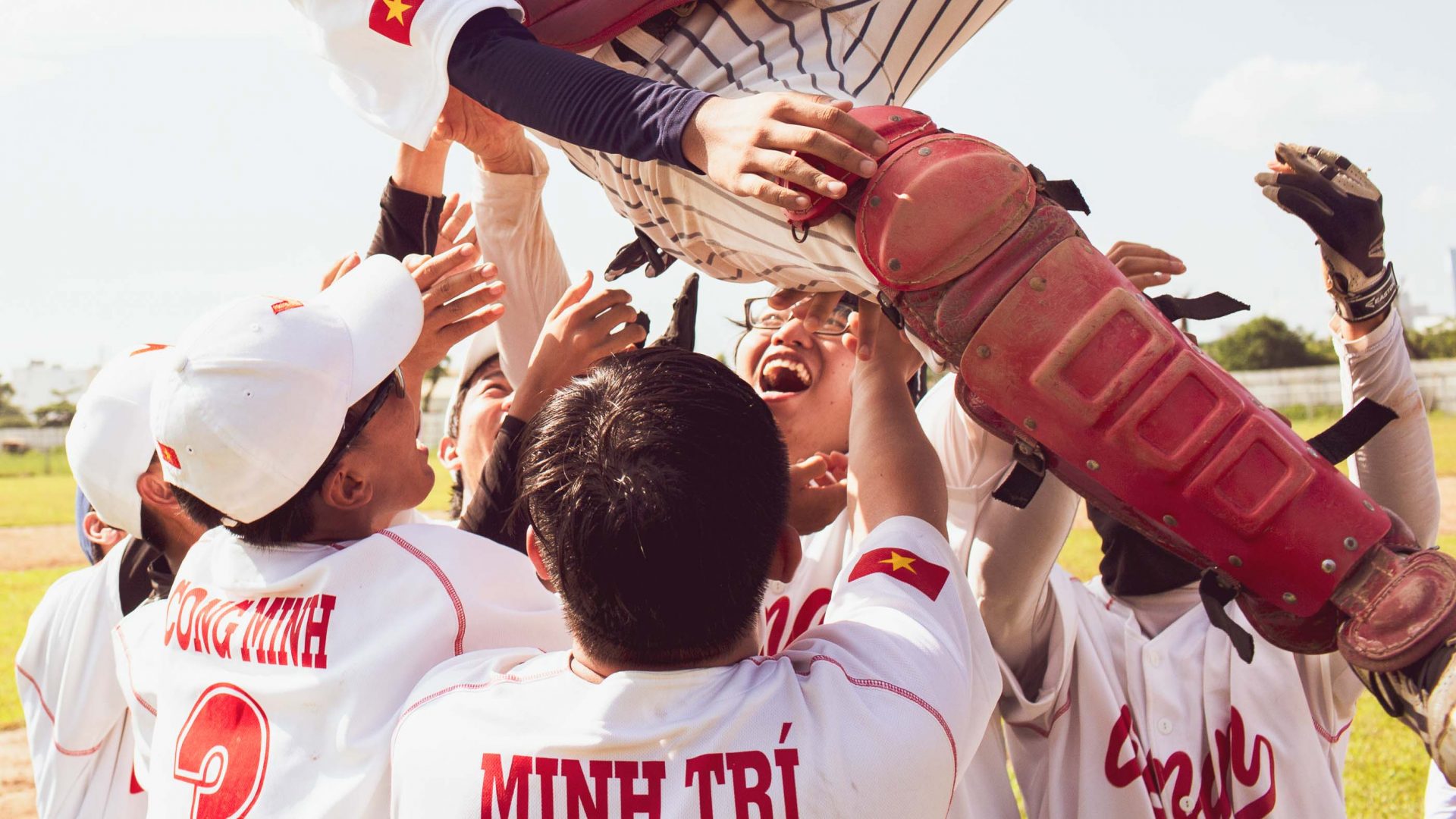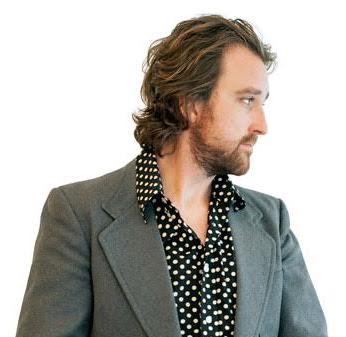In Hanoi, an inspiring social enterprise is giving disadvantaged young people new hope for the future, one recipe at a time.
Do is from a small village, tucked away in the mountainous
region of Dien Bien, Vietnam, about as far west as you can get from Hanoi. It’s
a place seldom visited by tourists. Or anyone, for that matter.
18-year-old Do is Hmong, one of Vietnam’s 54 recognized ethnic groups, and today in Hanoi, he’s politely plying me with a string of questions about my life in London. We talk about the food, the weather, and football—agreeing to disagree on who the best English team is.
Jovial though he seems, Do is a long way from home. He shows
me a traditional beaded bag that his older sister made for him. “When I miss
home, I get this out to remind me why I am here,” he explains. “When I arrived
here, I cried because it is hard to be away from my family. But after two years
with KOTO, I know I will get a stable job and be able to support my family.”
“The acceptance letter says ‘Congratulations, you’re about to change your life’,” explains KOTO founder Jimmy Pham. And lives really do get changed—there’s no other training like this in Vietnam that’s free of charge, and there’s no welfare system in Vietnam either. “Without the training, some of these kids would go back to a life of crime, back to drugs or prostitution,” says Jimmy. “But with the training, they get practical hospitality expertise, an internationally recognized accreditation.”
Mentored by a dedicated team of staff and volunteers, the young participants of KOTO are also offered classes on important life skills (including personal finance, sex education, English, and health and interpersonal skills). The program not only equips youth with the skills necessary for a sustainable career, it provides them with a family.
Andrew reminds me that the students of Class 34 have been together for only two weeks. “I admire their courage. They come from rural communities, often from terrible personal situations, and into a city of 10 million people. They’re a special group of people.”
Over lunch in the canteen—which is staffed by the trainees themselves—I chat with a group from Class 34. At 22 years old, Phat is the oldest, and dreams of opening his own restaurant so he can help other kids. He says that he feels like an older brother to many of his classmates. He worked on a construction site at the age of 15, and then as a motorbike taxi driver. “It’s hard to enjoy life when you worry about money all the time,” he says. “I used to only think about earning enough to eat, so making friends was hard.”
Another trainee, Nhi, lights up as we discuss favorite foods. “I want to bake!” she exclaims. “I want to be the world’s best cake maker and know all the world’s cake recipes!”
The current marketing director, Huong, is one of these returnees. Forced to drop out of school at 13, she moved to Hanoi alone, hoping to earn money to support her mother and sister. Following her graduation from KOTO in 2007, she received scholarships to study business in Australia, and then a Masters degree. She’s now back working with KOTO to transform other lives, and is a role model for many of the trainees.
My day with KOTO ends the way most travelers get to experience the organization—with a visit to the training restaurant in Hanoi. Students from Class 34 are at the restaurant to observe Class 32 in action. The senior class, halfway through their training by now, are clearly confident in the kitchen.
True to the ‘Know One Teach One’ principal, these students take Class 34 under their wing—guiding them around the restaurant and showing the wide-eyed newcomers how everything works. “I’m always ready to help Class 34,” explains 19-year-old Tho. “They are brothers and sisters to me. And while I don’t have any money right now, I have something better to share—I have knowledge.”
–––
